"Proper HR documentation gives your people managers a resource to consult in the event of a people issue and ensures that your employees are treated fairly and consistently. These documents are also your first line of defence when it comes to investigations and formal processes. So which ones do you need?
[addCTA blink=""/services/hr-documentation/"" title=""Is your people documentation up to scratch?""]
We like to call the essential HR documentation that all businesses need the ‘Brilliant Basics’ and these include:
Employment Contracts
I am still staggered at the many people I meet who don’t have a written contract of employment from their employer, and usually, these conversations come up when something goes wrong! Contracts really do help by setting the standard, a contract gives both employer and employee certain rights and obligations, therefore protecting all parties. Doesn’t everyone want to know what’s expected of them? – and actually, anyone legally classed as an employee or worker has the right to a written document summarizing the main terms of their employment.
Read our blog So I don't have employment contracts - what could go wrong?
An Employee Handbook
What is the purpose of these some of you may say, well we really do value Employee Handbooks, and we don’t mean those dusty, heavy books that nobody reads, no, we know how to put together a decent Handbook, one that’s used as a great communication resource for the employees and employers. A good Handbook should shout about your story, your values, policies and your mission, a good Handbook should showcase your benefits packages!
People Policies (health & safety policy, disciplinary policy, data protection policy etc) - Human Resource policies govern the rights, responsibilities, and relationships between an employer and its employees. Having HR policies is therefore crucial because they act as an important source of guidance that facilitates fairness, structure, and consistency while also adhering to employment legislation.
When it comes to implementing HR policies, there’s no one-size-fits-all. In fact, large organisations can easily have over 150 HR policies in place. But, there are some vital HR policies that your business should have, regardless of what you do:
-Work Health & Safety Policy
-Equal Opportunity Policy
-Disciplinary and Dismissal Policies
-Employee Code of Conduct Policy
-Leave of Absence Policy
-Performance Evaluation and Promotion Policy
Read our blog on Getting HR Policies Right
Other essential HR docs you may need could be a Personal Details Form and a Medical Questionnaire.
You might have some of these in place already, so if that’s the case, to see if yours are as good as they could be, these are some good questions to consider…
- The current employment market is very competitive - what impression do your documents make on a new hire?
- Do your HR documents reflect your company brand and culture?
- Does your employee handbook give a snapshot of what a great company you are to work for and why someone would love to work for you?
- Are you showing off all you have to offer? From the benefits package you offer to the training courses you provide?
- Are you sure you have all the 'Must Have' policies to keep you up to date with current legislation?
- Do you have any 'Nice to Have' policies like flexible working in place in your organisation that you haven’t mentioned in your HR documents?
If you would like any advice or help with updating your people documentation or if you would like to know more on what to or what not to include, Get in touch!
Our experienced HR consultants can create all the essential HR documentation needed to protect your business, which includes all the key policies you need – take a look at our ‘Brilliant Basics’ or give us a call and we’ll talk you through them."













